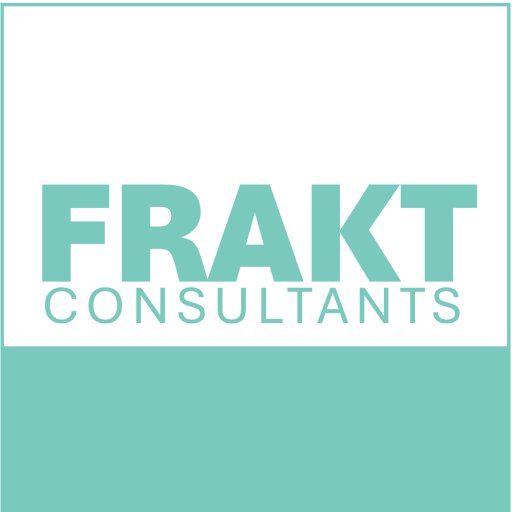My client has been at the forefront of architectural solutions since 1906. With a mission to advance modern design through resilient and distinctive buildings, my client aims to create lasting value for its customers. The company prioritises excellence, innovation, integrity, collaboration, and sustainability in its operations, ensuring that its products and services meet the evolving needs of the market.
My client operates within a competitive commercial construction market, offering a diverse range of aluminium systems tailored to regional needs. Despite its strong presence, the company faced challenges in aligning its product development operations across the US, UK, and EU. A recent 360° Innovation Maturity Assessment (Phase 1), conducted by myself, revealed an innovation maturity score of 2.64 (Level 2, Active), which fell short of the industry benchmark of 3.30 (Level 3, Defined). The company aspires to achieve a maturity score of 4.50 (Level 4, Performing). As a result of this assessment, Phase 2 was awarded to assist my client in implementing the necessary changes.
The primary objectives of this project include:
- Increasing my client’s innovation maturity score to the industry benchmark and ultimately achieving the aspirational score.
- Realigning product development operations across the US, UK, and EU to ensure effective collaboration in R&D, NPD, and product management processes.
- Developing effective project management strategies based on key principles such as communication, data collection, leadership qualities, and problem-solving skills.
- Establishing achievable objectives with timelines, budgeting basics, and training sessions for staff while meeting legal and safety requirements.
- Maintaining high customer satisfaction standards throughout the project lifecycle.
The project was initiated with an investment of approximately 20 weeks. During this period, the following processes were implemented:
- ADKAR Change Management Model: The project followed this model to facilitate change effectively:
- Awareness: Engaging Kawneer to understand the importance of change and the knowledge required.
- Desire: Generating a willingness among stakeholders to support the desired changes.
- Knowledge: Providing training sessions to equip staff with the necessary skills for implementation.
- Ability: Working closely with Kawneer’s team to develop practical skills through hands-on training.
- Reinforcement: Monitoring performance and providing resources to ensure long-term success.
To sustain the momentum gained from this project, it was recommended that Kawneer:
- Continue regular training and development sessions for staff to keep skills updated.
- Establish a feedback loop with customers to gather insights for continuous improvement.
- Implement a structured approach to monitor innovation maturity scores periodically.
- Foster a culture of innovation by encouraging employees to contribute ideas and solutions.
The success of the project will be measured through:
- Improvement in the innovation maturity score from 2.64 to at least 3.30.
- Enhanced alignment of product development processes across regions.
- Increased stakeholder engagement and support for innovation initiatives.
- Positive feedback from customers regarding product quality and service delivery.
The project concluded successfully within the 20-week timeframe, achieving significant strides towards the goals set forth. The collaborative efforts resulted in a clearer alignment of my client’s operations and a stronger foundation for future innovation.
Kawneer expressed satisfaction with the outcomes of the project, noting the increased clarity in their processes and the enhanced engagement of their teams. They appreciated the tailored training sessions and the practical approach taken to address their specific needs.
The need for enhancing Kawneer’s innovation maturity is underscored by several industry statistics that illustrate the importance of innovation in maintaining competitive advantage:
- Innovation Impact: According to a McKinsey report, companies that prioritize innovation achieve revenue growth rates 2.5 times higher than those that do not.
- Market Trends: A study by PwC found that 61% of CEOs believe that innovation is crucial for their growth strategy, with 54% reporting that they plan to increase their investment in innovation-related activities.
- Maturity Levels: Research indicates that organizations with a higher innovation maturity score (Level 4 or Performing) are 3.5 times more likely to report significant improvements in operational efficiency and customer satisfaction compared to those at Level 2 (Active).
- Competitive Landscape: The Global Innovation Index highlights those countries with robust innovation ecosystems, such as the US and EU nations, consistently outperform others in economic growth and resilience, emphasizing the necessity for companies like Kawneer to enhance their innovation capabilities to remain competitive.
- Customer Expectations: A survey by Deloitte revealed that 79% of consumers are more likely to purchase from companies that are perceived as innovative, indicating a direct correlation between innovation and market success.
